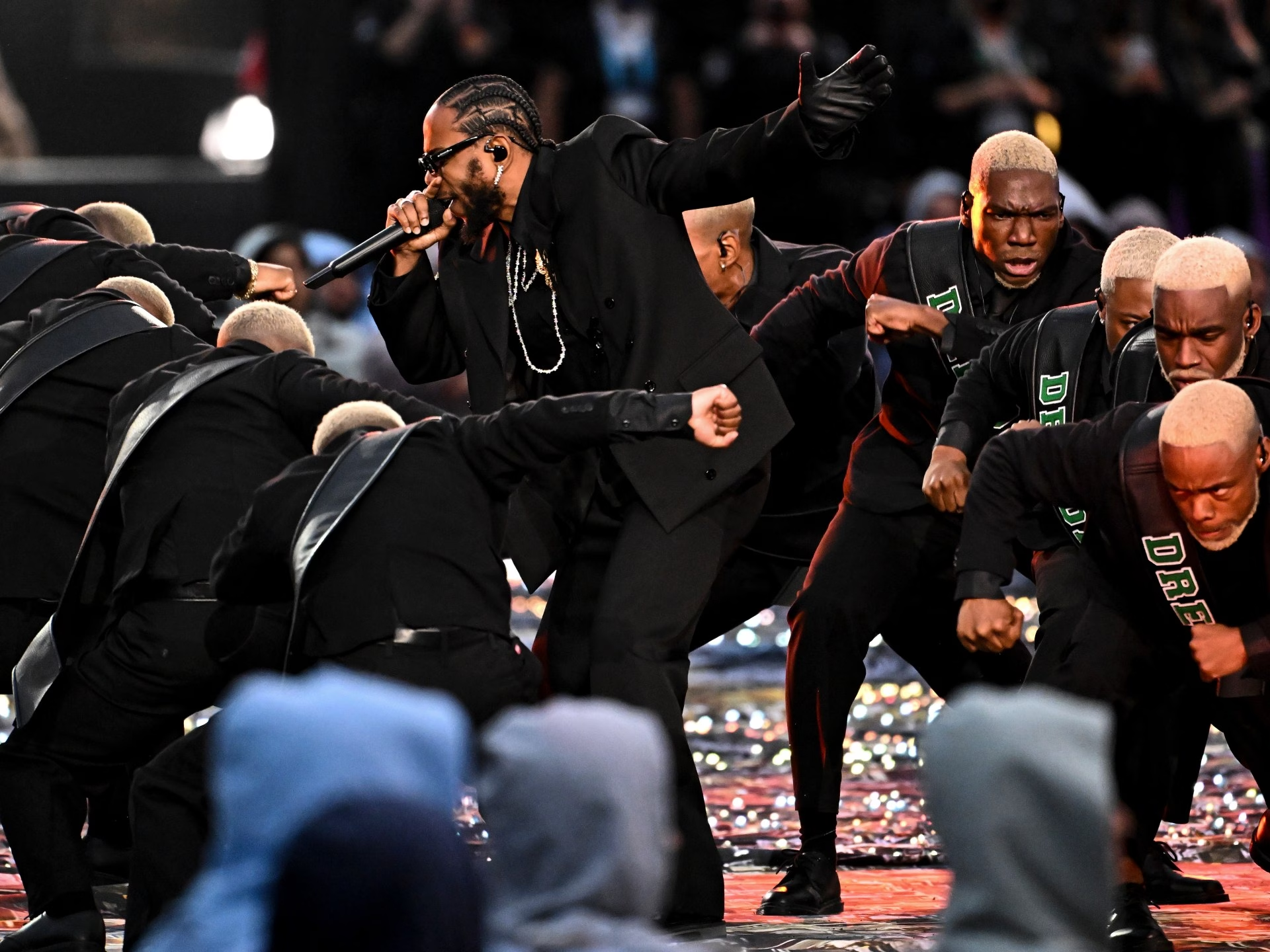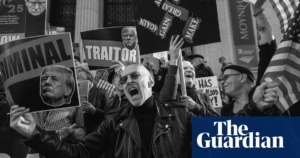What role has hip-hop played in activism?
Hip-hop has been instrumental in allowing marginalized voices to reach the mainstream since the 1980s.
The song “That Girl (Cocaine) That’s Your Life,” released by Too Short in 1985, offers a gritty portrayal of a woman deeply entrenched in street culture, touching on her daily struggles, hard decisions, and the consequences of her chosen lifestyle.
Since age thirteen what have I seen
A lotto of base heads straight coke fiends
Snorting, puffing, that’s the life
But it’s all over when you hit that pipe
“We [the Black community in America] were getting these first-person narratives from voices that were not in the mainstream. The voices of the unheard were speaking through rap. Instead of rioting, they now had a platform to express themselves,” explained Arnold.
In 1987, New York hip-hop group Public Enemy, known for its political and socially conscious lyrics, released their debut album, “Yo! Bum Rush the Show.” Their follow-up album, “It Takes a Nation of Millions to Hold Us Back” (1988), solidified their legacy in both musical and social advocacy.
N.W.A (Niggaz With an Attitude) from Compton, California, addressed police brutality and race profiling in their 1988 album “Straight Outta Compton,” especially with the hit single “F**k the Police.”
Fuck the police coming straight from the underground
A Young nigga got it bad ’cause I’m brown
And not the other colour so police think
They have the authority to kill a minority
The song sparked widespread conservative outrage, leading to a formal letter of condemnation from the FBI to N.W.A’s record label.
Even non-political rappers began incorporating political messages, showing the pervasive influence of political discourse in hip-hop culture.
“There are only a few artists and groups who are political ideologues. Everything else is occasional political commentary,” said Arnold, noting that the political consciousness in hip-hop varies from openly political artists like Public Enemy and Paris, to those whose political themes are less consistent, such as Ice Cube, who showcased a political awareness in his early solo work.
Which major incidents have inspired political hip-hop lyrics?
The 1991 acquittal of four White Los Angeles police officers for severely beating Rodney King, a Black man, led to six days of riots and inspired Ice Cube’s song “We Had to Tear This Mothaf**a Up:”
Not guilty, the filthy, devils tried to kill me
When the news get to the hood the niggas will be
Hotter than cayenne pepper, cuss, bust
Kickin up dust is a must
Dr Dre also responded to the LA riots with “The Day the Nig**az Took Over” on his album “The Chronic”:
Mi not out for peace and mi not Rodney King
De gun goes click, mi gun goes bang
Dem riot in Compton and dem riot in Long Beach
Dem riot in L.A. ’cause dem no really wanna see
Niggas start to loot and police start to shoot
Arnold emphasized the ongoing issue of police brutality, noting it’s a recurring theme, not a one-time event.
The fatal shooting of Trayvon Martin by George Zimmerman in 2012, and his subsequent acquittal, sparked national discussions on race and gun control. Hip-hop artist Plies released “We Are Trayvon” in response:
I never thought that wearing no hoodie, could cost you your life
And I never thought you could just kill somebody and go out the same night. (same night)
Every dog that you see that bark, don’t mean that he bite
And everything that’s Black ain’t even, everything that’s pure ain’t white
The 2014 shooting of Laquan McDonald by Chicago Police Officer Jason Van Dyke, captured on police dash-cam footage, led to protests and rapper Vic Mensa’s song “16 Shots”:
He never had a chance, and we all know it’s cause he Black
Shot ’em sixteen times, how f*cked up is that?
Now, the police superintendent wanna double back
Cops speeding up to the block like a running back
The 2015 death of Sandra Bland, found hanged in her jail cell after a traffic stop escalated into arrest, inspired multiple protest songs, including Janelle Monae’s “Say Her Name” and Joyner Lucas’s “Devil’s Work”:
Ain’t no justice for Sandra Bland, we up like the ceiling fan
Lord, if You listenin’, I’m just lookin’ for a hand to hand







